Azerbaijan economy: Growth remains weak
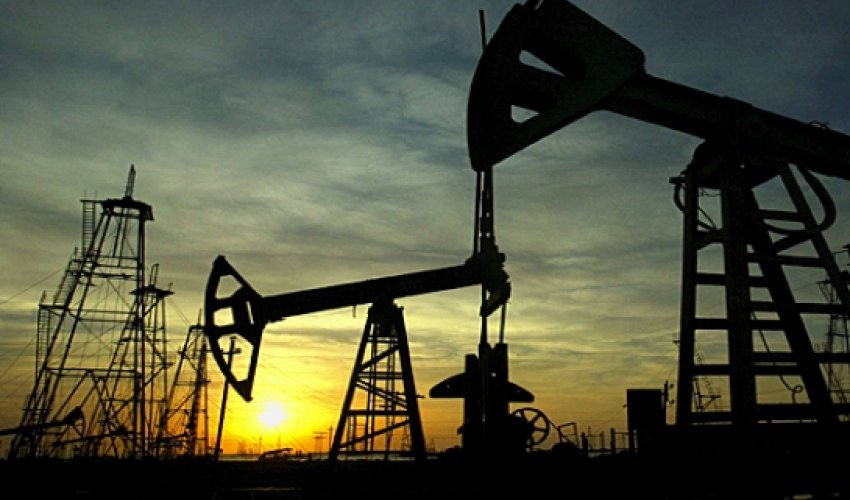
(Economist Intelligence Unit) -- The economy expanded by 2.8% year on year in January-October, according to preliminary figures.
GDP growth has slipped sharply compared with the same period of 2013, when the economy expanded by 5.7%. This is owing primarily to declining oil production, which was down by 1.8% year on year in January-October, and weaker growth in the construction sector.
Construction rose by 8.3% year on year in January-October, compared with 25.2% in the same period of last year.
This slowdown in construction is largely the result of a fall in spending on infrastructure projects, which declined by Manat656m (US$836m), or 9.5%, between 2013 and 2014. By contrast, expenditure on public infrastructure projects rose by Manat1.1bn (almost 20%) between 2012 and 2013. In 2013 budget spending on
infrastructure totalled Manat6.92bn (US$8.82bn), equivalent to 12% of GDP and greater than total value-added from the construction sector.
As a result, the construction sector contributed just under 1 percentage point to growth in January-October, compared with 2.7 percentage points in full-year
2013. The biggest driver of economic growth this year has been the service sector, which expanded by 7.1% in January-October, contributing 2.2 percentage points to the headline growth figure.
We expect a small recovery in the growth rate next year. We anticipate that output from the oil sector, which has dragged down growth this year, will stabilise and even rise slightly in 2015. Government spending is projected to rise by 6-7% next year, above the rate of inflation. As discussed in a previous analysis, however, a statement to parliament by Samir Sharifov, the minister of finance, on November 18th suggests that the bulk of this spending will be directed towards military procurement,
which will have little impact on domestic output, while spending on the rest of the economy will be flat in real terms.
Household consumption will continue to expand, as inflation is likely to remain low, allowing incomes to continue to rise in real terms.
However the appreciation of the manat against Azerbaijan's main trading partners (owing to the currency's hard peg to the dollar), will harm the country's terms of trade and drive up imports. As a result, government attempts to support the manufacturing sector through import substitution are likely to progress slowly.
























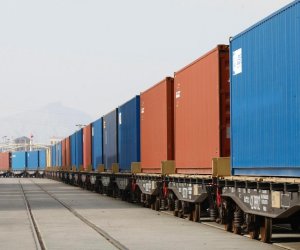


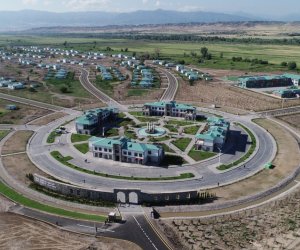


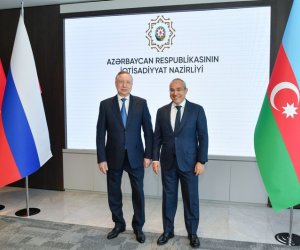
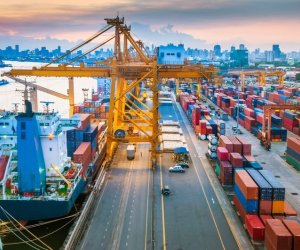
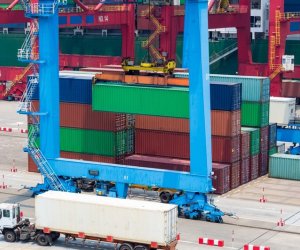



 Photo
Photo 



 Video
Video 

